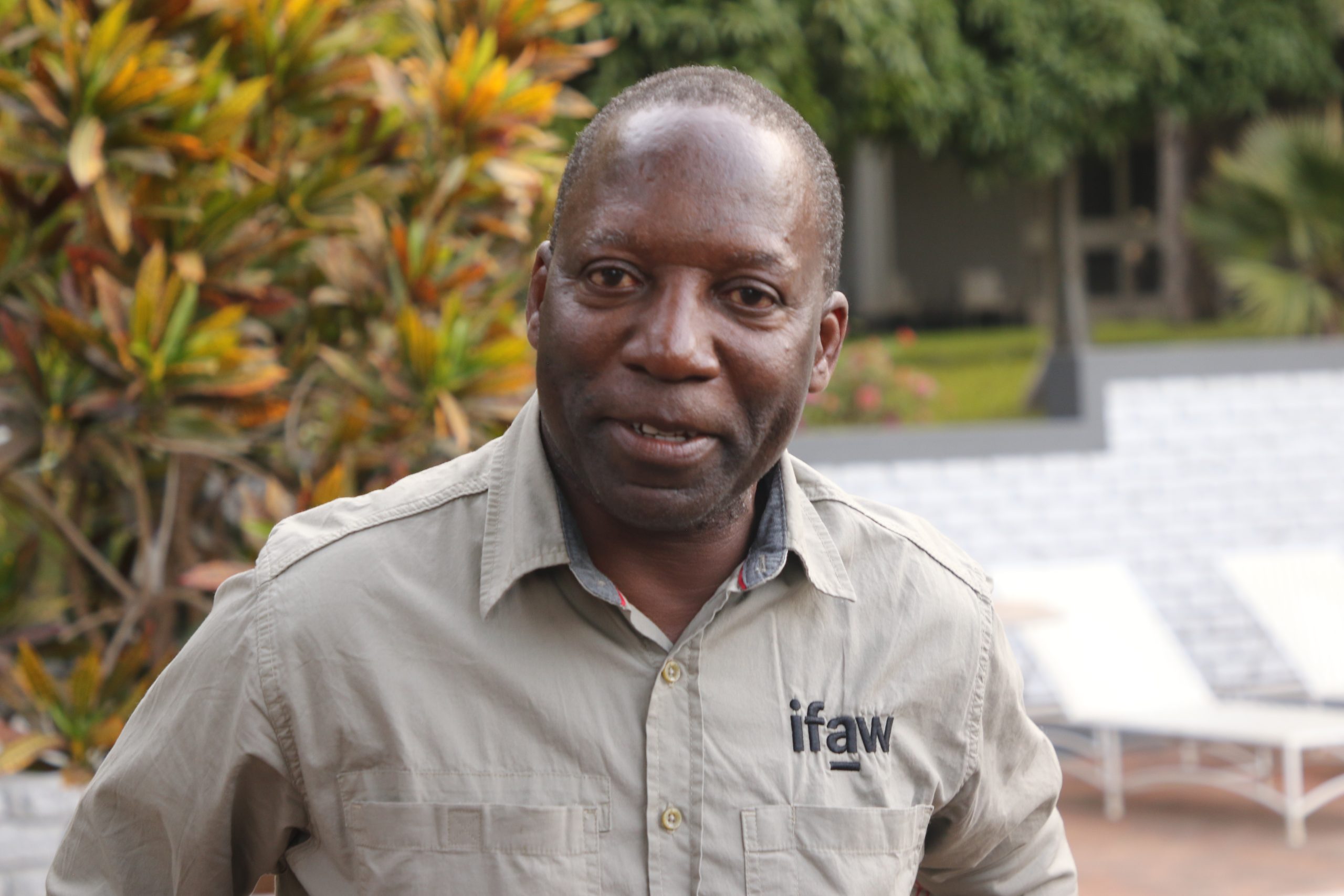HWANGE National Park is set to undergo a major facelift which will see the construction of a visible informative park entry gate, road network rehabilitation, and new staff accommodation for rangers.
This comes as the International Fund for Animal Welfare (IFAW) and Parks and Wildlife Management Authority of Zimbabwe (Zimparks) recently signed a 25-year memorandum of understanding to strengthen the management of wildlife resources at Hwange National Park and the areas around it.
In 2019, IFAW, an international welfare and conservation charity organisation, signed a five-year agreement with Zimparks to promote wildlife conservation, animal rescue, research, and rehabilitation of the national park.
In an interview after a strategic planning meeting in Hwange last week, IFAW vice president Jimiel Mandima said they had agreed with Zimparks to expand the five-year MOU to 25 years to jointly implement bigger projects.
“Since 2019, we realised that the work we have to do requires longevity over many years and to be able to demonstrate our commitment to the partnership, we recently entered a 25-year MOU.
“What that essentially means is that we have work to do in Hwange and won’t happen over five years, but it could happen over at least 25 years or even more because we want the significant impact to be able to ensure that the iconic park, which hosts the second largest elephant population in the world, is able to demonstrate that it is a global destination for tourism.”
Hwange National Park is the country’s flagship park and the biggest game reserve in the country. It sits on 14 620 square kilometres and has the biggest concentration of animals.
“We have committed to construct a visible informative park entry gate for Hwange National Park. If you go to the Hwange now, you see a boom gate and visitors queuing at the tourist office. We want a park entry gate that has got a park information centre that tells the history and story of Zimbabwe, including the culture of the people.
“Secondly, we are looking to improve our ranger welfare beyond what we have done to date. So, it’s about building ranger houses, updating some of the conditions of the roads, to make all weather easy for patrols as well as movement that comes to view wildlife in this area,” Mandima said.
Apart from that, the IFAW vice president said the MOU also seeks to equip Zimparks for research and also enhance game water provision.
“Elephants are always on the move in search of browse. Other wildlife species also move, and we need to monitor where they go to limit human and wildlife conflict.
“We want to look at the game’s water provision, we know that Hwange does not have any natural water systems, they mostly rely on these water pans that are pumped with boreholes, most of them over the years have been silted and their capacity is silted.
“In the context of climate change, we are aware that some areas including the Hwange region will have less water and less rain. It means the water table will drop further and where will this wildlife go,” Mandima further said
IFAW, he added, is championing an initiative dubbed Room to roam to ensure a viable, stable, and resilient elephant population.
“Zimparks and IFAW have helped reduce poaching incidents in Hwange National Park. Over the past three years, we have recorded significant poaching cases in the park largely due to interventions aimed at strengthening law enforcement.
“As IFAW, we foresee Hwange National Park, which is home to an estimated 45 000 elephants, playing an important role in our Room to Roam initiative, which seeks to connect and secure habitats and create safe passage for animals to move freely.”

